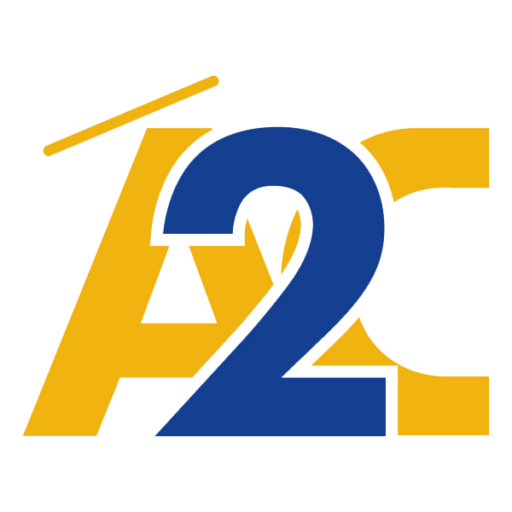Exploring Healthcare Careers Through Alternatives to College Pursuing a career in healthcare doesn’t always mean you need to follow the traditional college path. There are numerous rewarding roles within the healthcare industry that can be accessed through alternative education and training routes. In this blog, we’ll explore various healthcare careers that can be achieved without a four-year college degree, and the steps to get there.
Why Consider Alternatives to College?
The cost of a four-year college degree can be prohibitive, and not everyone is suited to traditional academic environments. Additionally, many healthcare roles require practical, hands-on experience more than academic credentials. Alternatives to college can provide faster entry into the workforce and lower educational expenses, making them an attractive option for many aspiring healthcare professionals.
Healthcare Careers Without a Four-Year Degree
1. Certified Nursing Assistant (CNA) provide essential support to nurses and patients by assisting with daily activities such as bathing, dressing, and feeding.
Training: CNA programs are typically offered at community colleges, vocational schools, and even some high schools, and can be completed in a few months.
Certification: After completing the training, candidates must pass a state certification exam.
2. Medical Assistants perform both clinical and administrative tasks in healthcare settings, such as taking vital signs, drawing blood, and scheduling appointments.
Training: Programs are available at vocational schools and community colleges and can usually be completed in about a year.
Certification: While certification is not always required, it can enhance job prospects and is available through organizations like the American Association of Medical Assistants (AAMA).
3. Emergency Medical Technician (EMT) provide critical care in emergency situations, transporting patients and administering first aid.
Training: EMT training programs are available through community colleges and technical schools and can be completed in six months to a year.
Certification: EMTs must pass a national certification exam administered by the National Registry of Emergency Medical Technicians (NREMT).
4. Phlebotomist specialize in drawing blood for tests, transfusions, research, or donations.
Training: Phlebotomy programs are offered at community colleges and vocational schools and typically take a few months to complete.
Certification: Certification is often required and can be obtained through organizations like the American Society for Clinical Pathology (ASCP).
5. Dental Assistant help dentists with patient care, administrative tasks, and lab duties. Training:
Training programs are available at community colleges, technical institutes, and can often be completed in about a year.
Certification: Certification requirements vary by state, with the Dental Assisting National Board (DANB) offering a widely recognized certification.
6. Health Information Technicians manage and organize medical data, ensuring accuracy and security in electronic health records.
Training: An associate degree or certificate program, which can be completed in two years or less, is typically required.
Certification: Certification through the American Health Information Management Association (AHIMA) can improve job prospects.
Steps to Get Started
- Research Careers: Identify which healthcare careers interest you and understand the requirements and daily responsibilities.
2. Choose a Training Program: Look for accredited programs at community colleges, vocational schools, or online platforms.
3. Gain Certification: Obtain the necessary certification for your chosen career to enhance your employability.
4. Gain Experience: Seek internships, volunteer opportunities, or entry-level positions to build hands-on experience.
5. Networking: Join professional organizations, attend workshops, and connect with professionals in the field to open up job opportunities.
The Benefits of Alternative Pathways Cost-Effective: Training programs are generally less expensive than a four-year degree.
Faster Entry: Many programs can be completed in a year or less, allowing you to start your career sooner.
Focused Learning: Training is often highly specialized, providing practical skills directly applicable to your job.
High Demand: Many of these roles are in high demand, offering job security and opportunities for advancement.
A fulfilling career in healthcare is attainable without a traditional college degree. By exploring alternative education and training pathways, you can enter the workforce more quickly and with less financial burden. Whether you choose to become a CNA, EMT, medical assistant, or another vital healthcare professional, you’ll be making a significant impact on the lives of others while building a rewarding career for yourself.
Schools such as Unitech Training Academy are great examples of institutions that offer the necessary training for these healthcare careers. They provide programs designed to equip you with the practical skills and certifications needed to succeed in the healthcare field. The healthcare industry is vast and diverse, and there are plenty of opportunities waiting for those willing to take a different path.

